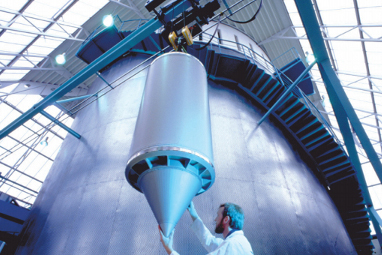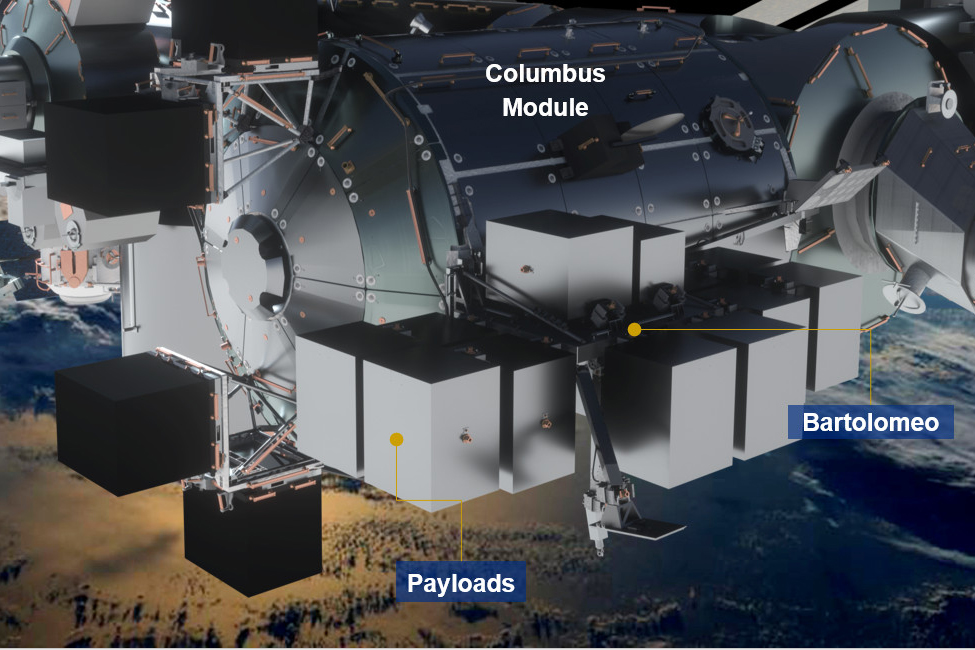Partnership with the Public Sector

The United Nations Office for Outer Space Affairs strives to provide opportunities under the acess to Access to Space for All initiative. This initiative aims at assisting countries to access outer space, starting from developing experiments in microgravity conditions and understanding the implications of these conditions, with projects as Zero Gravity Instrument Project (ZGIP) which provided clinostats that can simulate the effect of microgravity along one one axis by rotation. The Office offers access thanks to partnerships to different opportunities, such as KiboCUBE, a partnership with the Japanese Aerospace Exploration Agency (JAXA) to deploy cubesats from the International Space Station, the Chinese Space Station, a partnership with the Chinese Space Manned Agency which offers hosting payloads in the upcoming Chinese Space Station, DropTES, a partnership with the Center of Applied Space Technology and Microgravity (ZARM), or a partnership with the European Space Agency on the use of the Large Diameter Centrifuge.
This successful collaboration model has provided, and continues to provide, capacity-building opportunities to educational institutions for the design, construction and deployment of microgravity experiments, resulting in high skilled individuals and know how, which truly demonstrate the benefits of space to society. Innovation derived from space exploration endeavours is also a key driver of socioeconomic development and technical progress on Earth for the benefit of all humankind, providing growth, jobs and long-term returns. The Office has played a crucial role in channelling appropriate opportunities generously donated by countries having space capabilities, to institutions in developing countries that would otherwise have little no prospect of carrying out space related scientific research.
Partnership with the Private Sector

The Secretary-General, in his report entitled "Enhanced cooperation between the United Nations and all relevant partners, in particular the private sector" (A/72/310 of 10 August 2017) stresses: "To unlock the full potential of partnerships, in particular business partnerships, a number of priorities to strengthen accountability and transparency, enhance coherence and capability and advance system-wide collaboration are recommended". The Office has been requested to pursue greater engagement with Industry and the Private sector to further their support for and contributions to the overall work of the Office, Pursuant to General Assembly resolution 72/79 and as endorsed by the Committee on the Peaceful Uses of Outer Space at its sixtieth session in 2017.
The Office has built a portfolio for the Human Space Technology Initiative based on opportunities offered by space agencies and research institutions in Member States. This portfolio is being enlarged thanks to contributions of Industry and the Private Sector, such the first space mission planned to be devoted to the Sustainable Development Goals, with Sierra Nevada Corporation, whose call for interest gathered one hundred and fifty expressions of interest from seventy five different countries, showing the great interest and demand for space related capacity-building, in the very specific field of microgravity experiments. Or the partnership with Airbus, to offer a slot to conduct experiments on the Bartolomeo platform which will be installed in the International Space Station.

